What is a Combi Boiler and How Does it Work?
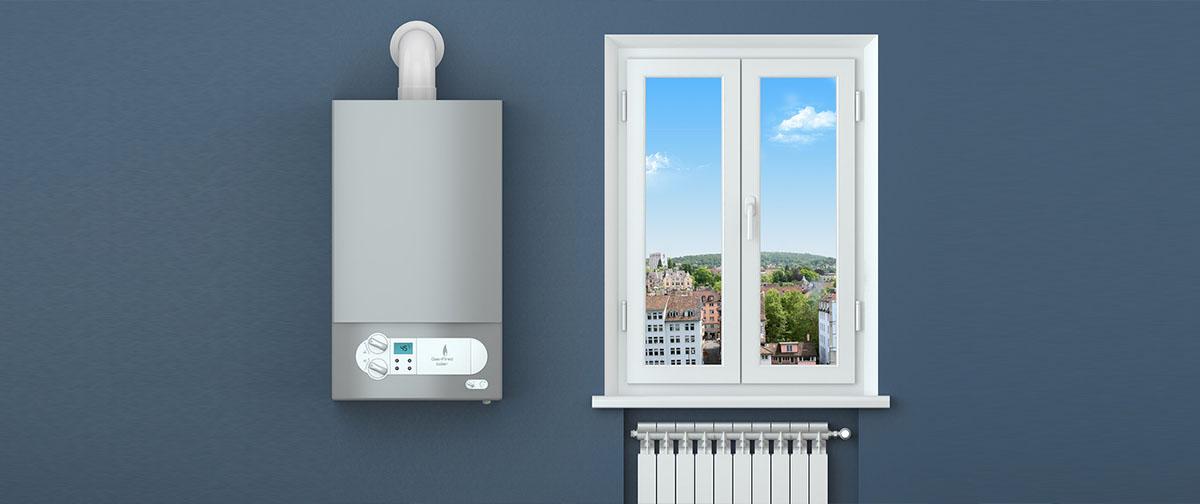
A combi boiler is the most common type of boiler found in UK homes today, but what is a combi boiler? And how does it work?
In this article, we will take you through how a combi boiler is different from other boiler types; why they're so popular and why you might consider installing one.
What is a combi boiler?
A combi boiler, also known as a combination boiler, is the most popular kind of boiler and one that's found in most homes. As the name suggests, this boiler does a 'combination' of heating. It heats both your hot water and your central heating all from the same unit.
This is unique to combi boilers, as other boiler types need large additional parts to provide the same level of heating. This of course requires more space to be used in your home and, as the combi boiler can usually be hidden away in a kitchen cupboard, it's one of the main reasons it's become a highly desired style of boiler.
As with all boiler types, however, there are some benefits and considerations that come with the combi, such as combi boiler prices in the UK. That's why it's important to know how they differ from the other boiler types to ensure you get the most suitable boiler for your circumstances.
What is the difference between combi boilers and regular boilers?
There are three main types of boilers that can heat our homes. The combi; the system and the regular boiler. All three serve a different purpose and are best suited to different types of homes.
Regular boilers are also known as 'conventional' boilers, they are mostly found in older homes and are considered to be the least favourable of all the boiler types. This is because the regular boiler can only heat your central heating and requires an additional hot water storage tank to provide you with hot water (this is why you may also see these boilers referred to as 'heat only'). Furthermore, the whole system requires a large tank of cold water, usually stored in the loft, to feed the boiler its water supply, whereas other boilers get their water straight from the mains. This makes the regular boiler the largest and most complicated type of boiler to install.
You can get a more in-depth look at how a regular boiler works in our article, What is a regular boiler? Additionally, if you’d like an overview of the prose, cons, and differences between each type, check out our article on boiler types here.
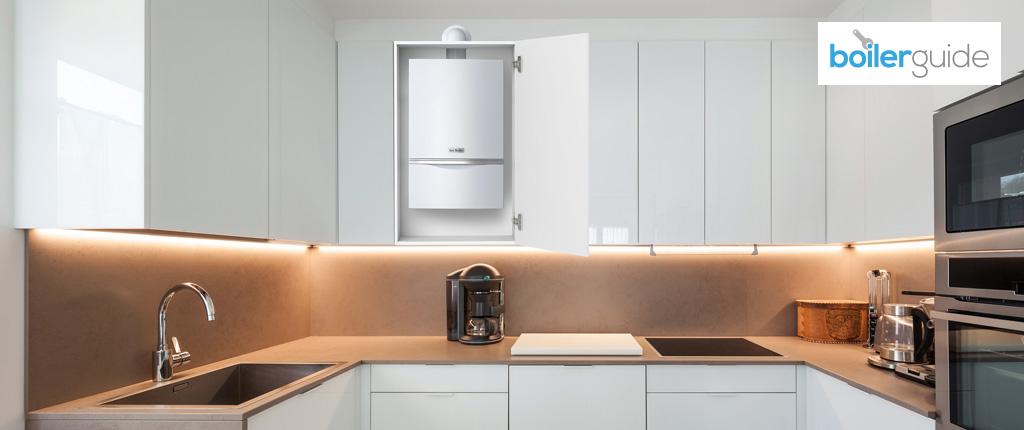
There are two main differences between regular and combi boilers:
- Space:
A combi boiler is set up to be very straightforward. It takes water directly from the mains water supply to heat up and send around the home. It means that the combi can be very compact and saves space. In stark contrast, with its extra pipework and multiple tanks, the regular boiler needs a lot of room. - Water demand:
The second, and arguably most important, difference between the two boiler types, is the quantity of hot water they can provide.A combi boiler is great for small to medium-sized homes, but if you have more than one bathroom the combi won't be powerful enough to heat and provide water to multiple taps at once. This is where a large hot water storage tank is beneficial, as it ensures there is a large quantity of hot water available at all times, so you can use taps and showers at the same time.
Combis are therefore perfect for those with less space and a low to medium demand for hot water. However, if you have multiple bathrooms you might want to consider an alternative. Whilst the regular boiler can serve a high demand for water, the vast amount of space needed and labour costs to install this complicated heating system, means regular boilers are no longer recommended unless you are simply upgrading an existing regular boiler.
The good news is, however, that if you do need a large water supply, but want to save on space there is a third boiler type which fits the bill! The system boiler. You can read more about this boiler and its benefits in our article, What is a system boiler? You can also look at all the differences between system and combi boilers on our system boiler vs combi boiler page.
The installation of a regular boiler is not recommended unless you are replacing an existing regular model. This is because new pipework and a longer installation time will increase costs. Those with multiple bathrooms should instead consider the system boiler.
If you're unsure which boiler type is best for your home, we recommend speaking to a local heating engineer to get the best advice. Here at Boiler Guide, we can put you in touch with up to 3 engineers in your area. Simply click the link below to get your free quotes!
1,8 million quotes provided in 10 yearsGet your best deal
Quickly compare 3 FREE quotes

See more reviews:
What type of heating is a combi boiler?
A combi boiler can provide both hot water and central heating from the same unit. So you can easily heat the water for your taps and power your radiators from the same source.
A combi is usually a wall-mounted unit that takes up very little space in your home and they are very efficient boilers thanks to inbuilt condensing technology. This ensures that any heat that would usually be lost out of the flue pipe is recycled back into the system, keeping energy usage (and your bills) down and helping the environment.
A combi boiler will last you between 10 – 15 years and many of the big manufacturers offer fantastic warranty lengths on their combis, which is a great indicator of just how reliable these boilers are.
How does a combination boiler work?
The inner workings of the combi boiler are quite complex, but inside this simple-looking unit is a very efficient and powerful system. Whenever you turn on a tap or switch on the heating, your boiler fires into action to start the process of heating your water.
Whichever fuel the combi is using, once it is ignited (by either turning on a heating control or starting the hot water tap), this fuel will produce flames inside the boiler which produce heat. That heat is absorbed by parts known as heat exchangers.
As the boiler takes in water from the main water supply, it sends water through a series of pipes inside the heat exchangers. These heat exchangers are then warmed up by the flames and as the water travels through these hot pipes, the water temperature rises.
From there the hot water travels to a diverter to be sent either to the pipes for your taps or out into the radiators. Once the water has circulated through the radiators it is then sent back around the circuit to be reheated and used again.
How a combi boiler works: explained by diagram
The combi does a great job of heating your home and hot water and can provide either one on demand. We've shown just how this excellent little boiler operates in the diagram below:
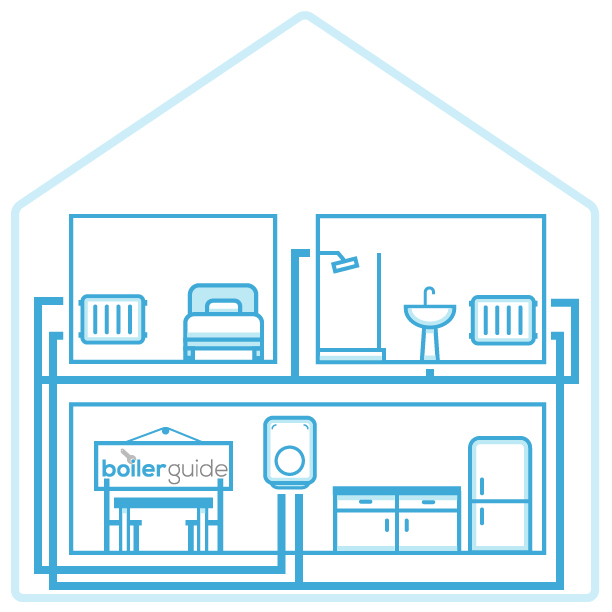
What types of combi boilers are there?
Combi boilers are simple units, which are usually mounted on a wall and found in an airing or kitchen cupboard. What can differentiate them however, is which kind of fuel they use and there are 4 main types: Gas, oil, LPG (Liquified Petroleum Gas) and electric.
What is a gas combi boiler?
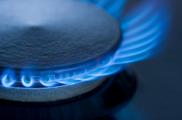 Gas fuelled combi boilers run on natural gas that is sent to homes via the national gas grid network. This is the most commonly used boiler fuel, as most homes in the UK are connected to the grid and this is the easiest and quickest fuelling option.
Gas fuelled combi boilers run on natural gas that is sent to homes via the national gas grid network. This is the most commonly used boiler fuel, as most homes in the UK are connected to the grid and this is the easiest and quickest fuelling option.
Although natural gas is produced from fossil fuels, and these are known to be damaging to our environment, it is still considered to be the cleanest and cheapest fossil fuel that we can use; especially when compared to oil and coal.
What is an oil combi boiler?
For those homes that are not connected to the gas grid, oil is considered to be a cost-effective alternative. It's not usually recommended if you can access gas however, as there are many more difficulties with oil.
As a fuel supply, oil must be stored in an external tank which you will need to store on your property. This could mean losing space in your garden or needing to pay for the large tank to be sunk into the ground. You also need to plan ahead and order refills to ensure your supply doesn't run low, otherwise you could be stuck with no hot water.
What is an LPG combi boiler?
LPG stands for Liquefied Petroleum Gas which is a combined product of natural gas and oil extractions. It is a much cheaper and, slightly cleaner, option than oil and many more manufacturers are now producing LPG compatible boilers. This gives you more choice and is a great option, again, for those who cannot access the gas grid.
What is an electric combi boiler?
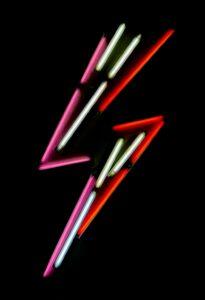 Electric powered boilers are considered to be the most energy-efficient boiler type available, this is because when electricity heats water, there is no waste. Every bit of energy is transferred from fuel to heat. The downside to running such a crucial home appliance on electric though is that it is much more costly to run and very poor for the environment. Electric combi boiler prices are also quite low compared to other types.
Electric powered boilers are considered to be the most energy-efficient boiler type available, this is because when electricity heats water, there is no waste. Every bit of energy is transferred from fuel to heat. The downside to running such a crucial home appliance on electric though is that it is much more costly to run and very poor for the environment. Electric combi boiler prices are also quite low compared to other types.
You can find out more about how an electric boiler works in our article, What is an electric boiler?
Advantages of a combi boiler
Combi boilers have a range of benefits and for many homes, they are the perfect solution. Some of the advantages of a combi boiler are as follows:
- Highly efficient
Modern combi boilers are amongst the most energy-efficient boilers you can get. With improved technology, these boilers are frequently found to be up to 92% efficient. That means for every £1 you spend on energy, only 8p of that is lost in the heating process. That's an incredible leap from older boilers which may be as low as 40-60% efficiency, costing you around 60p for every pound. Added up over time, that's a lot of money wasted, so if you’re wondering “is it worth changing to combi boiler?”, the answer is yes: It’s worth considering an upgrade. Especially if you're currently paying a lot to run an old inefficient boiler. - Money-saving, with lower energy bills
Due to its ability to reduce energy waste, you could see a sharp increase in savings if you update your boiler to a new, more efficient combi. The latest figures show that if you upgrade your old boiler, you could save around £5801 per year on your bills. - Hot water on demand
As the combi boiler takes its water supply directly from the mains, your hot water is delivered whenever you need it. There's no need to wait for it to heat up, or rely on a hot water storage tank to refill before you take a bath or shower. - Small in size
Conveniently, the combi boiler is just one unit and it's small enough to usually be stored inside a cupboard, either in your kitchen or hidden in an airing cupboard. It also makes combi boiler installation very quick and easy, potentially reducing the cost of your engineer's time to fit it. - Lifespan
Combi boilers can last between 10-15 years before you need to consider a replacement. Add to this the many manufacturers who include lengthy warranties of up to 10 years and you can have peace of mind that these boilers will not let you down.
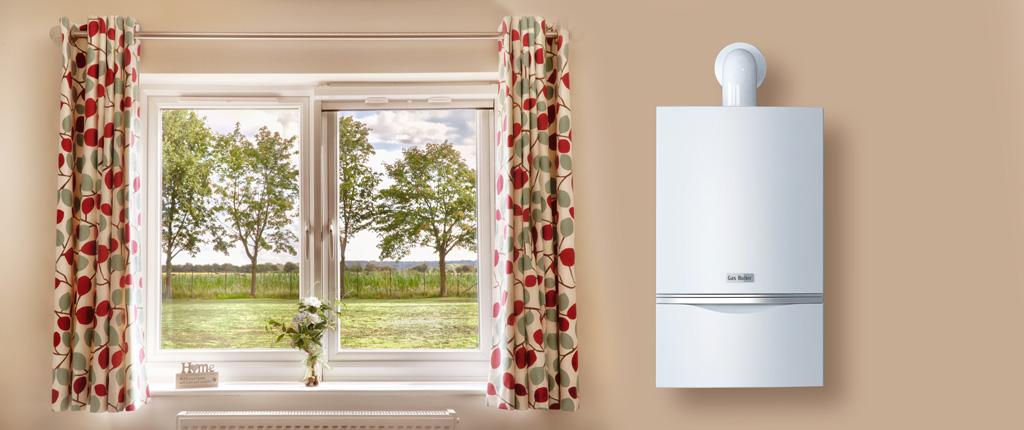
If you need a boiler upgrade, and a combi sounds like the perfect choice, why not take advantage of all these benefits and get free quotes on an installation today. Get up to 3 free quotes through Boiler Guide, by simply clicking the link below!
1,8 million quotes provided in 10 yearsGet your best deal
Quickly compare 3 FREE quotes

See more reviews:
Things to keep in mind before purchasing a combi boiler
Despite the many benefits of the combi, there are a few things you need to consider before you install one.
- Not suitable for large homes
Combi boilers aren't powerful enough to provide the amount of water that any home with two or more bathrooms demands. If you have a bigger need for hot water, you should consider a system boiler instead. Find out more about them here: What is a system boiler? - Not ideal for homes with weak mains pressure
If your water supply already has weak pressure, the combi may struggle to improve the flow of water to your taps. You could consider installing an additional pump with the boiler to strengthen the flow, but be mindful that this will add to the overall cost. - Not always compatible with old pipework
If you wish to upgrade a very old heating system, perhaps in an older house, you need to consider whether the existing pipework will be compatible with the new, more powerful boiler. For example, if you replace a regular boiler with a combi, check that the existing pipes are capable of handling mains water pressure.
If you are unsure about any of these issues, it's good to speak to a Gas Safe Registered engineer to find out what your best options are. Here at Boiler Guide, we can put you in touch with up to 3 installers, who can provide guidance on what's best for your home and quote you for the work.
Get your quotes today
We know that working out which boiler you need and weighing up the options can be a complicated process. That's why we've made it easier than ever for you to get the help you need.
By comparing up to 3 quotes you can be sure to get the best combi boiler deals on your new installation. Get your quotes today and speak to our trusted engineers by simply clicking the link below.
1,8 million quotes provided in 10 yearsGet your best deal
Quickly compare 3 FREE quotes

See more reviews:
FAQ
Is a combi boiler gas or electric?
Combi boilers can run on either gas or electric, depending on what suits your needs. Find out more about what types of combi boiler there are.
What are the disadvantages of a combi boiler?
There are many things to consider before buying a combi boiler. One of the largest disadvantages in comparison to other boilers is that they can't provide for large water demands required by homes with multiple taps running simultaneously.
What is the best combi boiler?
Ultimately, the best combi boiler is the one that best suits your house. There are many different types of combi boilers and it can be confusing to know what's best. Some main factors you need to consider are the fuel type, the boiler size (kilowatts) and the boiler manufacturer.
What are common combi boiler problems?
The most common combi boiler problems you might experience are similar to any other home heating system. Including cold radiators or a drop in boiler pressure. If you smell or suspect any problem relating to gas, you should call the gas emergency helpline as soon as possible on: 0800 111 999
What size combi boiler do I need?
Each home will need a different boiler size (aka the boiler power) depending on your heating needs. It is usually determined by how many radiators you have. In regards to the combi boiler size, there are some things you should consider before purchasing a combi boiler. One of the most important being that combi boilers aren't suitable for homes that have a high hot water demand.




